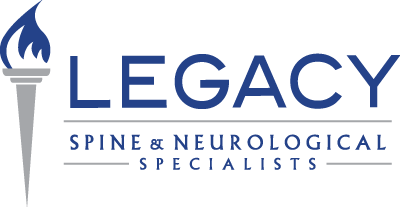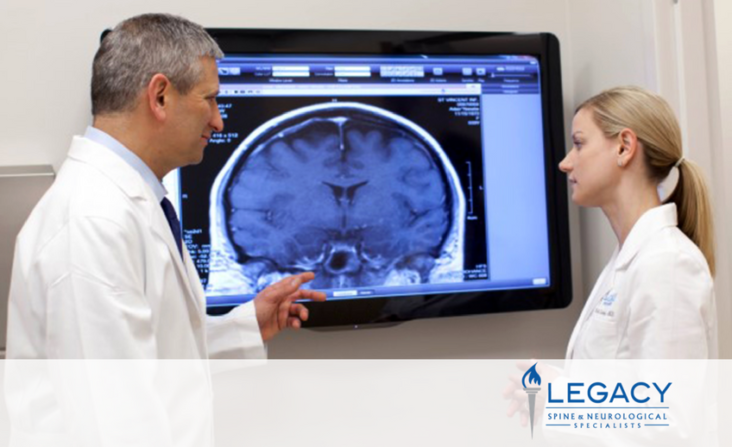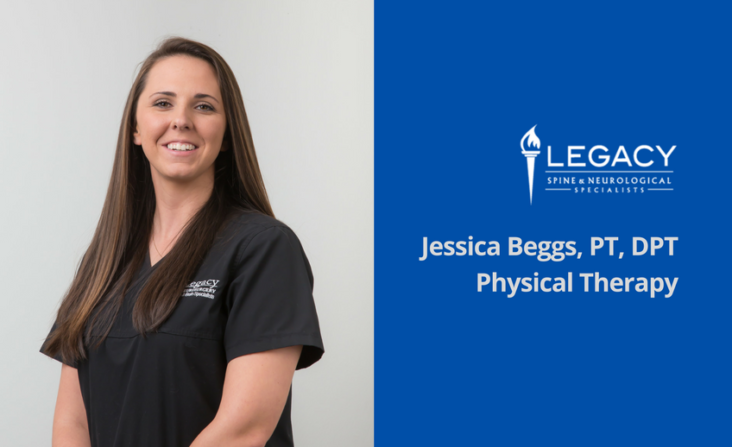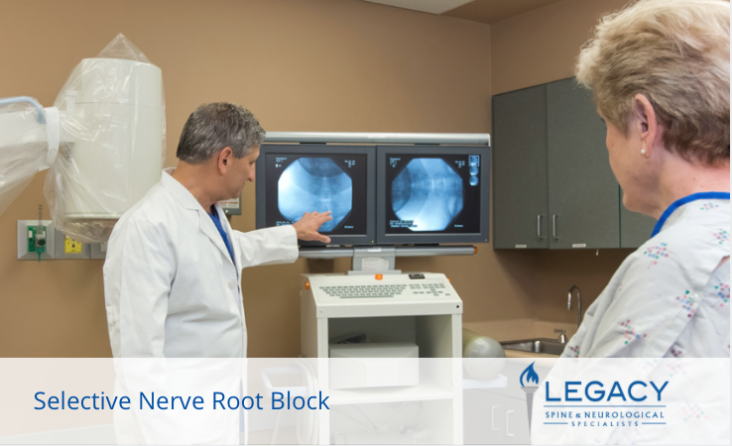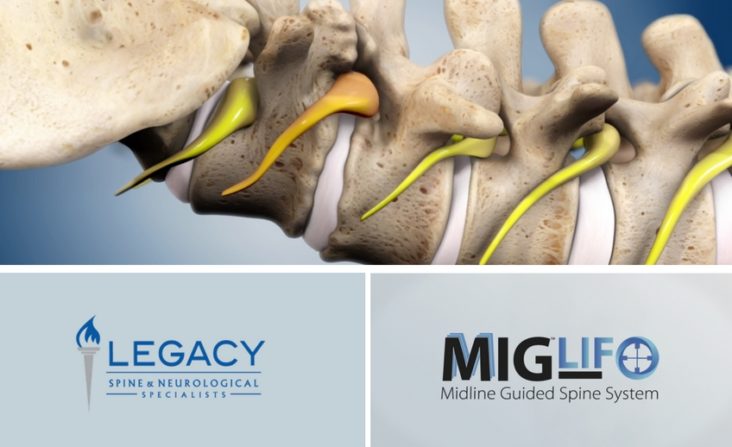Most people know that the type of mattress you use, how long you’ve had it, and the position you sleep in all affect the type of back pain you might endure when you get up in the morning. We consider it such an important factor to taking care of your back that that we recently wrote a blog on it (include link).
What most people don’t know is that your pillow is also a huge factor in preventing back and neck pain. Whether it’s a childhood-like attachment or fear of buying the wrong one, we all tend to hold on to pillows too long. If no amount of fluffing can save the sagging, drooping pillow sadly sitting atop your mattress, it’s time to look into a fresher, younger model. And we can help.
